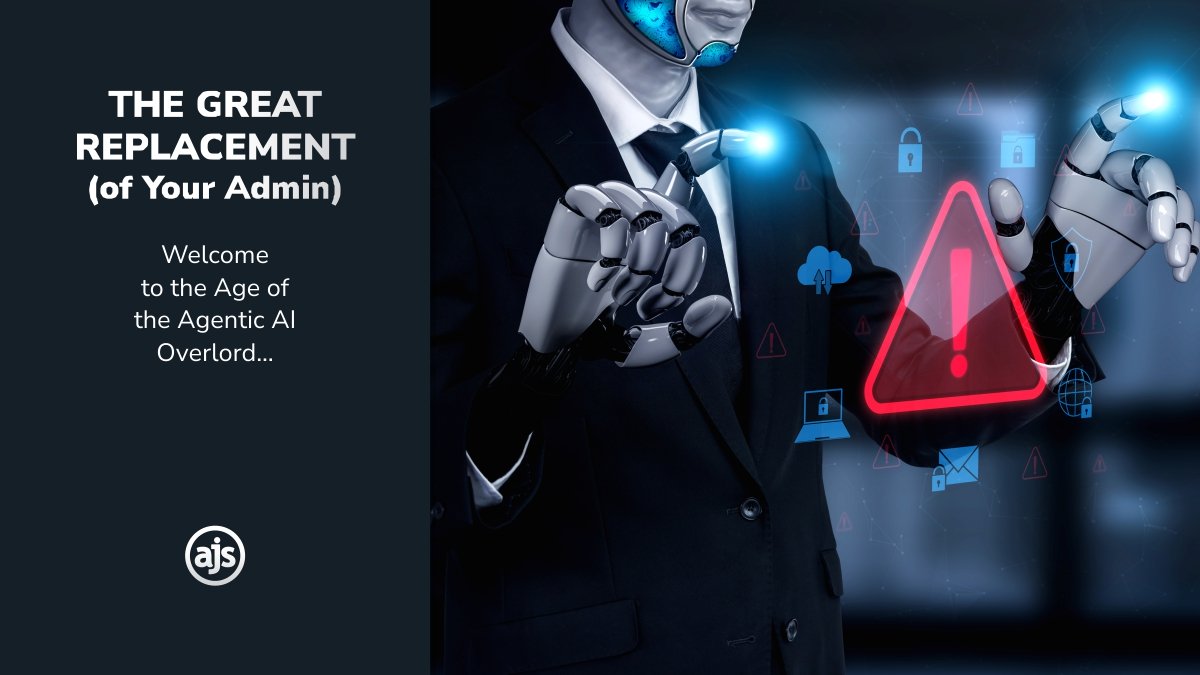
UNIQUE SOUTH AFRICAN ISSUES
Handled with distinctive South African flair…
South Africa is a complex country.
She is breathtakingly beautiful with a kaleidoscope of people – something we lovingly call our “Rainbow Nation.”
She is also home to one of the most incredibly democratic Constitutions in the world. In fact, in a recent article titled Oh SA, fairest of them all – Our Constitution is an international champion, they set out –
“in comparison to our international neighbours, we are the top achievers in our involvement and development of one of the most respected and comprehensive Constitutions in the 2 500 year history of Democracy.”
And we couldn’t agree more. There is a lot to be proud of. A national pride we ourselves echoed in our three-part Series – South Africa’s Incredible Legal History. We have a legal history worthy of respect and admiration. Undeniably so.
But South Africa is also home to some incredibly unique problems. Issues surrounding what is contained in the very Constitution we applaud – the right to equality, dignity, and freedom of religion. The right to power and electricity – Loadshedding – the issue of all issues. Even the concept of “ubuntu.”
And our Courts and legal minds have tackled these issues head on, making for some truly ground-breaking judgements.
THE RIGHT TO SMOKE MARIJUANA
Before we get into the case at hand, it’s worth first noting that under our Constitution, at Section 9 it states that:
“The state may not unfairly discriminate directly or indirectly against anyone on one or more grounds, including race, gender, sex, pregnancy, marital status, ethnic or social origin, colour, sexual orientation, age, disability, religion, conscience, belief, culture, language and birth”.
Further to the above and under Chapter 2, Section 15, it states that:
(1) Everyone has the right to freedom of conscience, religion, thought, belief and opinion.”
The above two principles become relevant when talking about our first uniquely South African matter.
And it all starts with – Rastafari.
According to Brittanica, “Rastafarianism, is a religious and political movement that developed in Jamaica during the 1930s combining Protestant Christianity, mysticism, and a pan-African political consciousness”.
Rastafari believe that marijuana has healing powers inducing feelings of “peace and love,” cultivating a form of personal introspection, where the smoker discovers their inner divinity – the smoking of marijuana helps Rastafari achieve “better “citation” (meditation) with Jah.” The use of marijuana is therefore central to a Rastafarian’s practice of their religion.
The “Cannabis Judgement”
Freedom to practice a belief and a religion were the matters at stake when Justice Dennis Davis handed down a landmark judgment in the Western Cape High Court declaring certain sections of the Drugs and Drug Trafficking Act NO 140 of 1992 (“Drug Act”) invalid and unconstitutional (on 31 March 2017).
Ø For more info read The path to the legalisation of marijuana in South Africa.
Justice Davis declared certain sections of the Drugs Act and the Medicines and Related Substances Act No 101 of 1965, invalid — where they prohibit private and personal use of marijuana.
The Cannabis Judgment effectively meant that adult persons are now permitted to use, possess and cultivate cannabis in a private place for personal consumption. The reason? Well, the criminalisation of marijuana was characterised by racism (many indigenous South Africans use marijuana). Also, the alleged harm of marijuana was not as severe as historically argued.
It makes little sense to allow the use and possession of alcohol and tobacco while still criminalising marijuana.
On 18 September 2018 the Constitutional Court in the consolidated matter of Minister of Justice and Constitutional Development and Others v Prince; National Director of Public Prosecutions and Others v Rubin; National Director of Public Prosecutions and Others v Acton and Others [2018] ZACC 30 (Cannabis judgment) confirmed Justice Davis’s order, going a step further by removing the High Court’s limitation – restricted to one’s “home” or “private dwelling”. The Constitutional Court held that the right to privacy extends beyond the boundaries of the home. But it must still be for private use.
AMENDMENT OF THE DRUG AND DRUG TRAFFICKING ACT
On 18 December 2020 in the matter of Jason Smit v Minister of Justice and Constitutional Development and Others [2020] ZACC 29, the Constitutional Court confirmed an order previously handed down by The High Court in 2015 which had found that section 63 of the Drugs Act represented a violation of the separation of powers and a usurpation of the legislative making powers of Parliament as it allowed the justice minister to determine which substances or plants are prohibited or permitted in South Africa.
As a result, Parliament had 24 months to amend the Drug Act.
Parliament approved the Drugs and Drug Trafficking Amendment Bill in August 2021 for tabling in Parliament. The National Assembly gave the green light to the bill in September 2022 and sent it to the National Council of Provinces for concurrence. In November 2022 Parliament passed the bill, which was then signed by President Ramaphosa in December 2022. The Drugs and Drug Trafficking Amendment Act officially came into law.
The effect of this?
According to The Conversation –
“Cannabis is being commercialised into a multibillion-dollar global industry and South Africa wants a piece of the pie. In his 2022 state of the nation address, President Cyril Ramaphosa spoke of developing a hemp and cannabis sector to boost the post-COVID economy.”
And Grand View Research –
“the global legal marijuana market size was valued at USD 16.7 billion in 2022 and is expected to expand at a compound annual growth rate (CAGR) of 25.4% from 2023 to 2030”
What was once illegal and frowned upon has now become a lucrative business. And because of the legal strides made, South Africa has an opportunity to make coin. This was no easy feat. It took the application of legal minds on a matter that is multifaceted. And complex. All while trying to strike a balance between the right to equality, dignity, and freedom of religion whilst also ensuring a clear separation of powers.
But we did it.
THE RIGHT TO ELECTRICITY
On the 28th of February 2023, South Africa declared its second state of disaster since COVID 19. The regulations that dealt with the state of disaster were gazetted by the Department of Cooperative Governance and Traditional Affairs (Cogta) on 27 February 2023, giving Cogta almost unsurpassed, far-reaching powers (Business Tech).
The reason given – the country’s severe electricity supply constraints. South Africans have had the worst power cuts on record as the troubled national utility – Eskom – implemented longer and more frequent scheduled blackouts in an effort to prevent a possible “total blackout” (The Conversation).
But these outages have had a severe social, economic and ecological effect on South Africans from all walks of life. And the state of disaster has failed to effect any remedy.
The loadshedding case
ActionSA, UDM and 17 other applicants headed to the Pretoria High court on Monday the 20th of March 2023, to take to task the Department of Mineral and Energy Resources, the Department of Public Enterprises, and the Government of the Republic of South Africa, over Eskom’s failure to provide South Africa with a stable energy supply.
The matter is divided into a Part A and a Part B.
In Part A, the litigants sought urgent interim relief compelling the state to exempt specific sectors of the economy and social services like health, education, courts, and small businesses from load shedding. In Part B, the applicants sought an order holding the president, as head of the national executive, legally responsible for the human cost of load shedding. The applicants also sought a plan on government’s steps to end the crippling blackouts.
The matter “kicked off” in the Affidavits with applicants arguing that the manner in which President Cyril Ramaphosa‘s administration has responded to the country’s energy crisis has been “unconstitutional and breached several constitutional rights” of citizens as enshrined in the Bill of Rights.
Whist in his answering affidavit, Ramaphosa argued that the litigants’ legal challenge against load shedding was misdirected as the duty for electricity and gas reticulation was placed on local government and not on the President or any national departments (The Citizen).
President Ramaphosa’s response caused an outcry – with South Africans expressing shock over the apparent disdain the Presidency displayed towards the energy crisis. This naturally led to the issuing of a statement by The Presidency regarding the misrepresentation of the President’s answering affidavit.
But in true South African style – the applicants have vehemently disagreed with the President.
In fact, as set out in the article titled ‘Government has sat back, folded arms and done nothing,’ court told in load shedding case, Advocate Tembeka Ngcukaitobi, representing the applicants argued that –
“in spite of knowing since 1998 that Eskom would run out of electricity surplus by 2007, the government and Eskom failed to create new generation capacity and maintain the national grid. Since 1998, there has been insufficient investment in new generation capacity, a responsibility vested in the minister of minerals and energy. Government had this knowledge two decades ago, they knew that had to ensure enough generation capacity to cater for current needs.”
Whether or not the courts decide that there is an infringement of human rights, is yet to be seen. As is the practical steps Government will take to address this crisis.
The matter is ongoing.
But loadshedding is a unique South African problem that’s being dealt with in a unique South African way. With members of various political parties coming together, putting all their differences aside, to fight against infringements on the rights of South African citizens.
And we are already seeing results. As of 5 February, the Organisation Undoing Tax Abuse (Outa), which challenged the national state of disaster has confirmed that the national state of disaster has been withdrawn (Business Day).
THE CONCEPT OF UBUNTU
According to the Ubuntu Project, ubuntu is –
“an ancient African word meaning ‘humanity to others.’ It is often described as reminding us that ‘I am what I am because of who we all are”.
South Africa has always applied the doctrine of “good faith” when it comes to contract law. But according to the Journal of Commonwealth Law, “South African contract law, is currently being reshaped by the courts under a banner of “transformative constitutionalism”. Of particular interest in this development is the role of an indigenous value of fair dealing, captured by the vernacular term “ubuntu”.
An interesting concept, considering the fact that behaviours are understood and measured against communities interacting in the marketplace. And if ubuntu – a concept of exercising a degree of “humanity” towards those you are doing business with on the daily – surely that’ll affect how contract law is applied in South Africa?
An interesting thought. And an amazing development in how business dealings – in South Africa at least – may start to evolve. A unique “South Africanism” garnering deep interest in the development and progression of business and contract law.
Ø For more info on this read Good Faith In Contract: A Uniquely South African Perspective.
It’s plain to see that whatever uniquely South African issue arises there’s an equally unique South African solution with a true South African flair waiting in the wings.
And AJS is here for it!
– Written by Alicia Koch on behalf of AJS





Leave a Reply